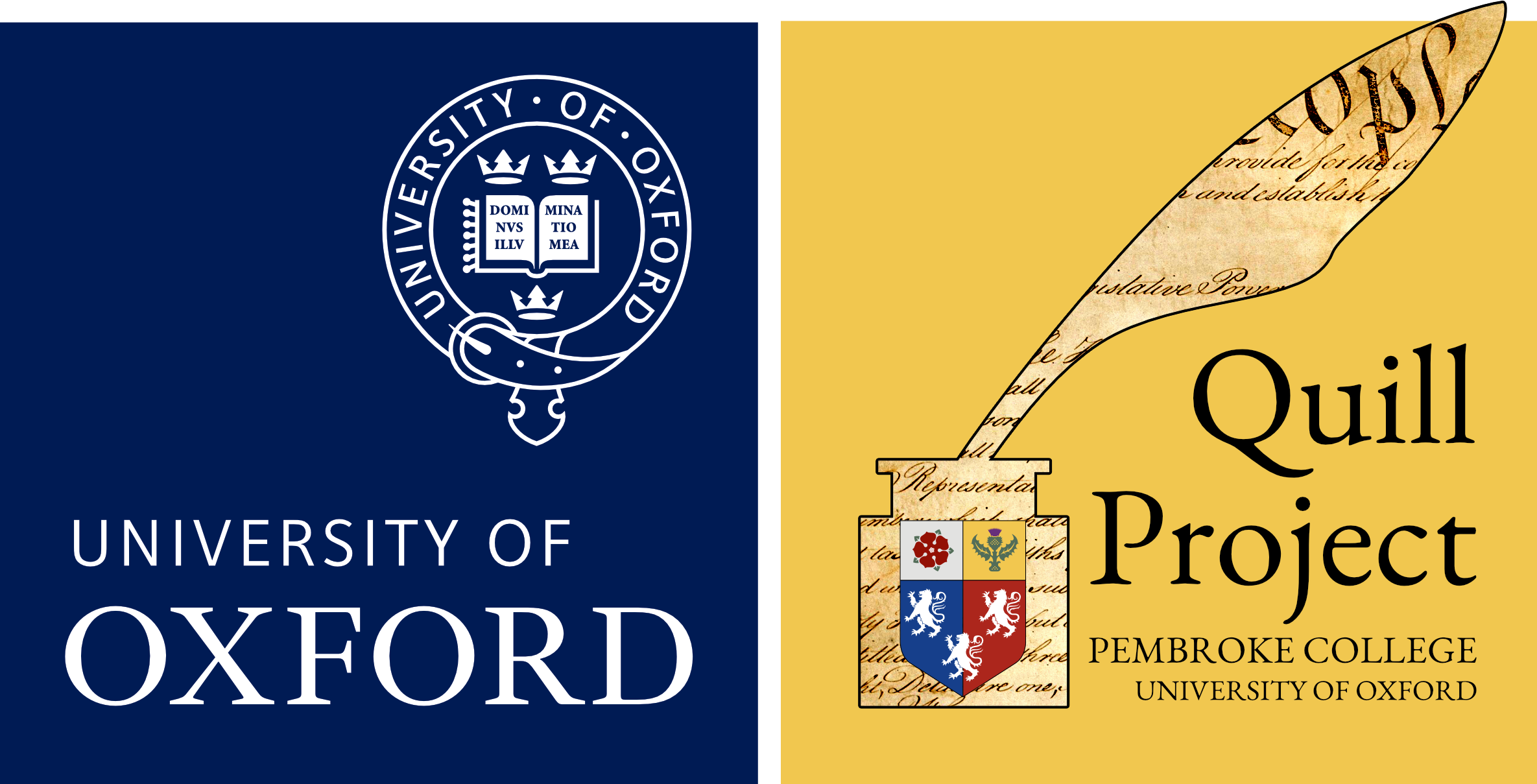How Quill has developed my understanding of the Northern Ireland Peace Process
Julia Duddy worked as a research assistant with Quill’s Writing Peace Project in summer 2021. In this blog post she explains how modelling in Quill developed her understanding of the Northern Ireland Peace Process and the Brookes/Mayhew talks.
I started my internship at the Quill project just after finishing my History degree, in which I had studied the Northern Irish Peace Process as part of a few of my modules. Irish history is a particular interest of mine and so I was very excited to contribute to the area. However, working within the digital humanities was very new for me – apart from using online databases a few times during my degree, I had never really looked into the area and wasn’t really sure what to expect. I was also curious as to how the Quill project could meaningfully add to the research on the Northern Irish Peace Process, as my initial instinct was that a digital project would overlook the nuances and personalities at play in favour of a cleaner narrative which worked on a computer screen.
Working at Quill over the past few months, I have learnt so much and completely changed my perception of the digital humanities. I worked mostly on modelling the Brooke-Mayhew 1991-1992 Talks, using minutes and other records from John Alderdice’s archive to digitally map each day. What surprised me most was how wrong I was about the personal side of the story; Quill’s detail-oriented approach exposed just how messy the talks process was! In looking at the different discussions and amendments to documents, I was able to more fully understand the successes and failures of each day. On the other side, using Quill to visualise the whole process also gave me new insight into where things went wrong, and how the negotiation was far from a linear progression. Particularly through working on a talks process which was unable to produce an agreement, I explored in Quill the points of difficulty and intransigence which eventually led to the process falling apart.
Quill also revealed the moments in the talks when things were much more ad hoc than the overall narrative of the peace process suggests. In digitally modelling the debates over issues of procedure and location, I learnt how hard it was to get the talks off the ground and the important role of both negotiation and vagueness in allowing the players to work together.
Over the course of my internship, I have also deepened my knowledge of the political history of the period. In exploring the talks from various angles through different records, I came to know much better the intricacies of the party positions and the personalities of the main players. Through work such as mapping who dominated the conversation in one particular session, or noticing the differences between the content of a session and what was said in the press statement, I gained a much fuller understanding of the pressures and motivations of the parties and their leaders. This added substantially to my knowledge of the process from my degree work, as I could see the macro processes at work on an everyday level; for example, the SDLP’s fear of losing nationalist votes to Sinn Fein can be clearly seen in their position papers and debates with the unionists.
One thing which came across more clearly in my work for Quill than in my degree work was the fact that each of the parties wanted the peace talks to work in some way. Although they all had different preferred outcomes, all of them were willing to sit around a table and try to come to an agreement. After a fairly high-level overview of the Northern Irish political leaders as somewhat intransigent and unrealistic in my degree, this changed my perception and helped me to connect with the people involved in the talks.
Although the Northern Irish Peace Process project has only just started in Quill, already it has taught me a lot about how long, fragile, and intricate the peace talks were. It has shown me how far from straightforward the process was, and how the end goal was never some perfect agreement, but a realistic compromise based on the hard work of people who tried to find a way to reconcile previously impossible positions. My internship has proven to me the value of digital humanities projects to history in exploring new perspectives and bridging the gap between the detail of the historical sources and the wider narrative.
